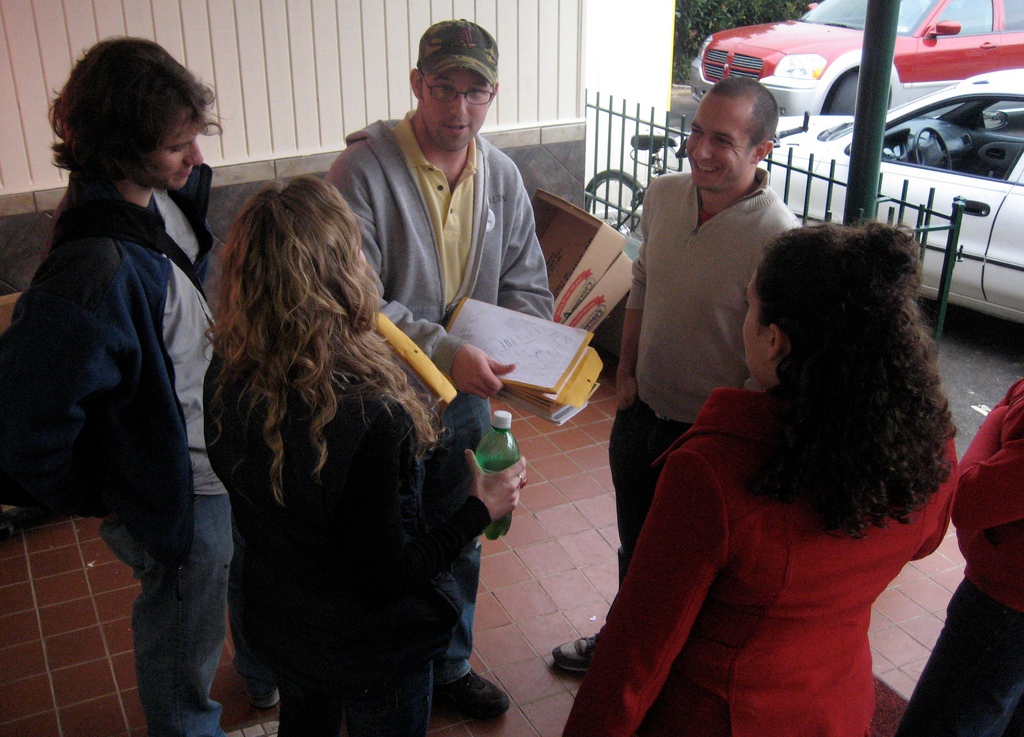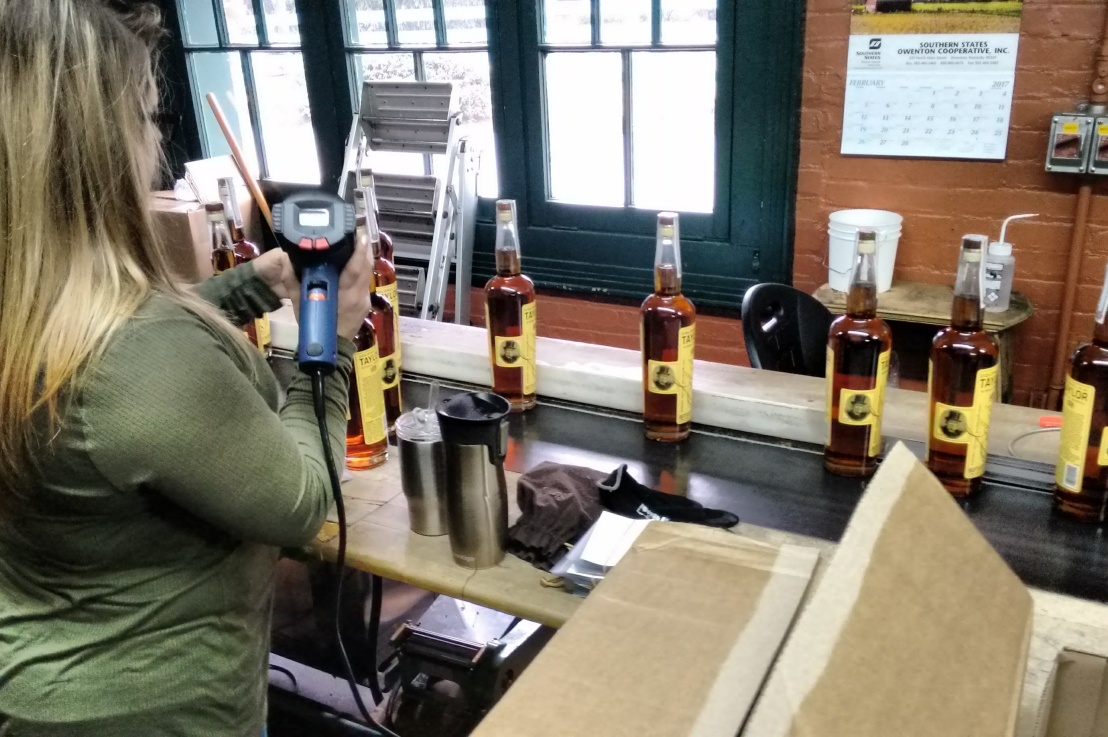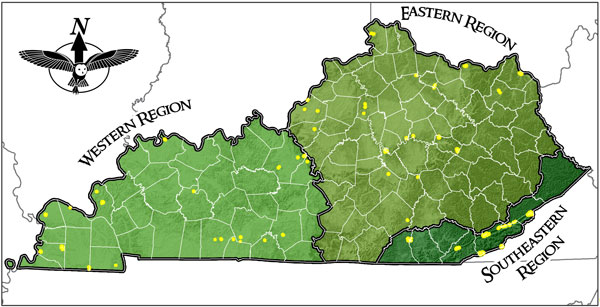By Taylor Forns, M.D.
As inconceivable as it may seem right now, the dog days of summer will soon be drawing to a close as we inch nearer to a great autumn tradition.
No, I’m not talking about football. But if you want to learn more about the upcoming season for your Cards or Cats, I recommend you check out the great local media coverage we are privy to here in the Commonwealth.
The fall ritual I’m referring to is the fast-approaching election season.
Young people have long been unreliable voters. In 2016, Kentucky voters 34 and younger had a 47.9% turnout rate, well below the 59.1% average of all voters. In the 2014 midterm the numbers are much worse, as only 26.1% came out to the polls compared to the 45.9% total. Voting is the single most important constitutional right we have as American citizens…if we don’t like our government, we have the power to vote to change it, so use that power!
This past presidential election cycle has certainly spurred me to take a more active role in the election process outside of simply voting. If you, too, are thinking about becoming more involved in the upcoming midterm elections, I’m here to give you a few ideas of different ways to get involved.
My first piece of advice would be to register! It’s hard to affect change within a democratic system if you mute your own voice by not being a registered voter. It’s an easy and painless process here in Kentucky: all you have to do is visit the Secretary of State’s website and fill out the simple form the State Board of Elections offers.
Once you’ve registered to vote, you can really start to rev your political engine. Perhaps the most organic way to influence others during an election is to volunteer for a campaign. Be it a national election, a state primary, or even a mayoral race, any campaign adviser will say the most important thing for a campaign, other than many willing donors, is a plethora of volunteers.
There are many roles for volunteers on the campaign trail that fit the busy schedules of nearly everybody, which means you can get involved even if you work long hours. Just reach out to a candidate’s team, and they will find a way to utilize your skills.
But what if you don’t know for whom to vote? How can you even know what a candidate truly believes? This is where your own research comes into play. My biggest belief is that reading local news tells me a lot about candidates and their views. For example, if you live in Mercer County, it makes sense to read a publication local to Mercer County that explains how a candidate’s plan will affect those that live in the area instead of how it might affect people living in Lexington or Louisville.
Another great avenue to learn more about candidates is to attend campaign events. Many times, candidates will field questions, giving you a perfect opportunity to ask about the issues that matter most to you. When you are able to have a frank and honest conversation with a candidate in settings like these, you can develop an informed opinion about all the candidates.
Now that you have a few more tools to be engaged during this year’s election cycle, I challenge you to put them to use. Register if you have not already registered. Do your due diligence when researching and learning about candidates. Volunteer for a campaign, go door-to-door, make phone calls. If you want to see a change in your world, be the start of that change and do something about it.
But most importantly, vote. Maybe you’ll get a cool “I Just Voted” sticker to post on your Instagram.




